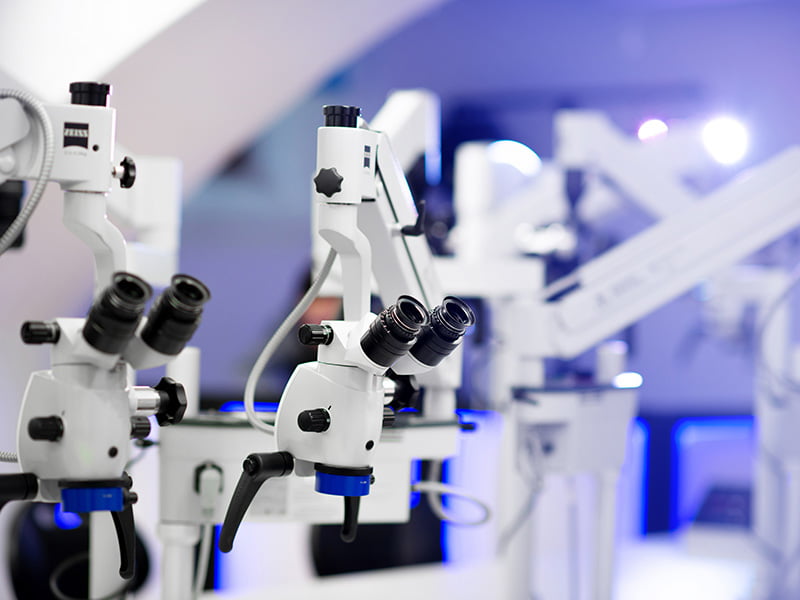Australia’s Industry Growth Centre for MedTech and pharmaceuticals has awarded 18 new industry fellowships to provide researchers, clinicians, and other professionals with commercial experience.
The $32 million Researcher Exchange and Development within Industry (REDI) initiative, which is managed by MTPConnect, provides financial support to Australian and international companies enabling them to bring the best Australian talent in-house to work on real-world challenges. The fellowship program is funded through the long-term $20 billion Medical Research Future Fund.
A full list of the REDI fellows can be viewed here. Participating companies include hearing aid manufacturer Cochlear Australia, vaccine manufacturer CSL, Brisbane-based AI firm Max Kelsen, and Switzerland-based Medicines for Malaria Venture, among 13 others.
The fellows work at a MedTech, BioTech, and pharmaceuticals (MTP) companies for up to 20 months in Australia and Europe. Of the fellows, four are currently working at the QIMR Berghofer medical research institute in Brisbane, with the other 14 based across Australia, generally at universities.

Professor Sudha Rao will use her 20 month fellowship to apply machine learning to investigate how epigenetic factors may exacerbate Covid-19 symptoms. Professor Rao is a researcher at QIMR Berghofer and will undertake her fellowship at AI firm Max Kelsen.
According to the Australian Academy of Science epigenetic factors are those the external and environmental factors that affect how genes are regulated. Professor Rao said that the research will help predict the risk of someone becoming seriously ill from Covid-19.
“The goal is to show the level of protection an individual has against COVID-19 so that those most at risk can be quickly identified and offered targeted treatment options.This is a fantastic opportunity to work with biologists, physicists, mathematicians and computational biologists to improve the outcomes for people with COVID-19,” Professor Rao said.
Max Kelsen head of research Maciej Trzaskowski said that he was excited to work with Professor Rao.
“The collaboration with Professor Rao is a world leading initiative – applying ML to unravel the mysteries of why COVID-19 can make one person very sick, while another person of a similar age may not get severely ill,” Mr Trzaskowski.
“This is a wonderful example of the pioneering work being done in Australia by brilliant people like Professor Rao and we are excited to contribute to it.”
Another recipient from QIMR Berghofer is Associate Professor Kate Gartlan who will spend 18 months at CSL to identify ways to improve stem cell transplant outcomes for blood cancer patients. Other projects include early cancer detection, a digital health program for pulmonary rehabilitation, and using AI to identify biomarkers for early coronary artery disease.
MTPConnect chief executive Stuart Dignam said bringing together MTP companies and researchers, clincians, and sector professionals would help grow the industry.
“Our congratulations to these 18 talented fellows who are doing vital work in our sector for patients – and to the companies who are sponsoring them. There are now 32 fellows being supported through our REDI program, all gaining real-world industry experiences in research intensive companies,” Mr Dignam said.
“Not only do fellows benefit from working within industry settings, but the program also ensures they return for a time to their home institution so they can share their industry experiences within the research sector and help drive commercialisation-focused culture change.”
This money must be used for the fellow’s salary and on-costs, such as superannuation. To qualify for the fellowship, a prospective sponsoring company must have engaged with a prospective fellow and present a clear research and development project in the application. The fellow must also be an Australian citizen.
MTPConnect was founded at the end of 2015 under the federal government’s Industry Growth Centres Initiative. These are government funded not-for-profit organisations led by industry experts. However, the federal government has announced it would stop supporting the centres and expects them to transition to self-funding by June this year.
Do you know more? Contact James Riley via Email.

